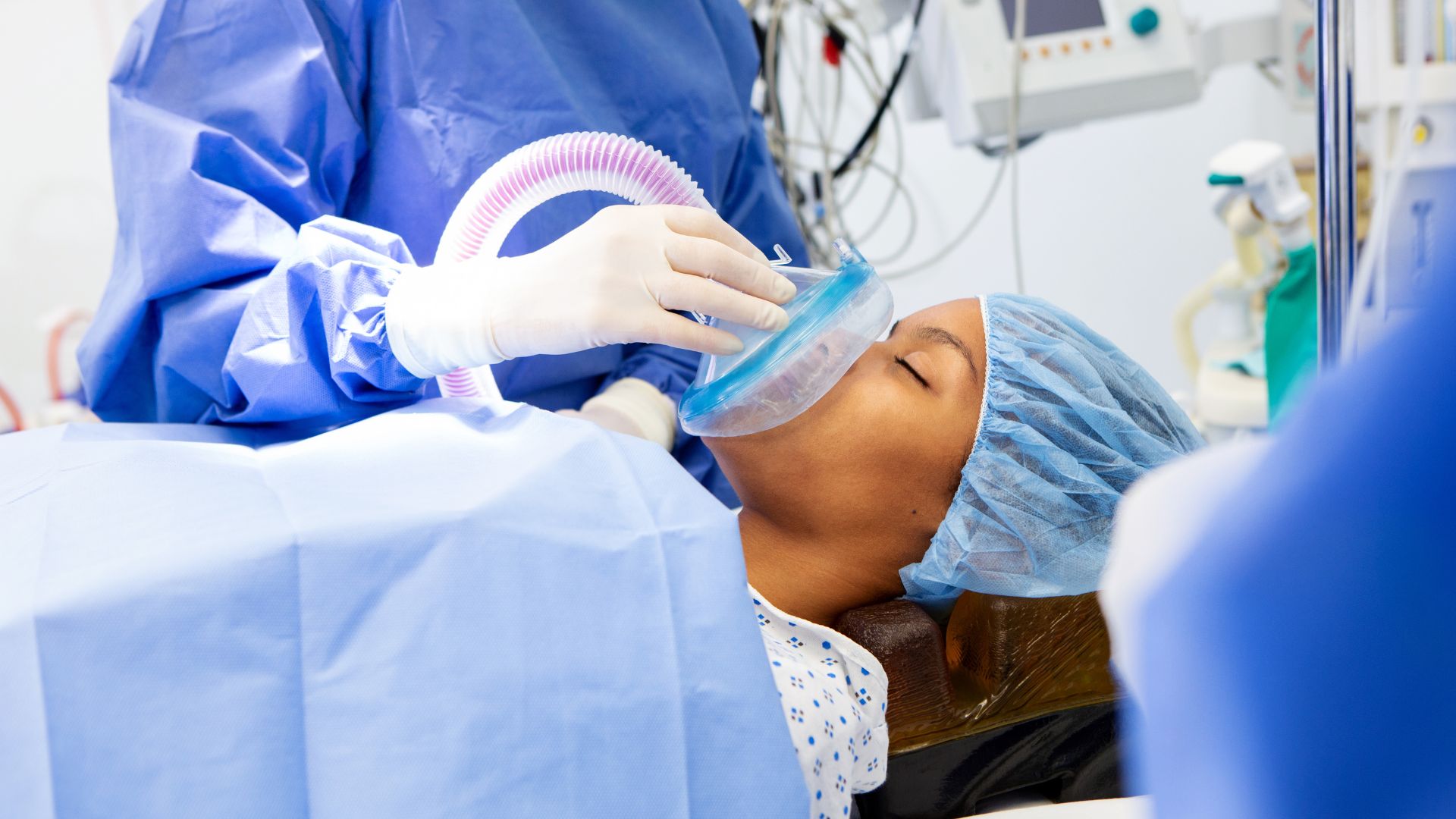Undergoing oral surgery is a significant step towards better oral health, whether for wisdom teeth removal, dental implants, or jaw surgery. However, proper aftercare is crucial to ensure a smooth recovery, minimize pain, and prevent complications.
At Atlanta Oral and Facial Surgery (AOFS), we provide comprehensive post-surgical guidance to help patients heal quickly and comfortably.
In This Guide, You’ll Learn:
Essential recovery tips for oral surgery
How to reduce swelling and discomfort
Foods to eat and avoid after oral surgery
How to prevent infection and complications
When to contact your oral surgeon
Following these aftercare instructions will help you heal faster and avoid unnecessary pain.
1. Immediate Post-Surgery Care: The First 24 Hours
The first 24 hours after oral surgery are critical for reducing swelling, controlling bleeding, and preventing infection.
Key Steps to Follow:
Rest and avoid physical activity – Allow your body to heal.
Keep your head elevated – Helps reduce swelling and bleeding.
Apply ice packs to the face – 20 minutes on, 20 minutes off.
Bite on gauze – Helps control bleeding and promotes clot formation.
Avoid touching the surgical site – Prevents irritation and infection.
Take prescribed medications – Follow your oral surgeon’s instructions.
Important:
Do NOT smoke, drink through a straw, or spit forcefully – These can disrupt clot formation and lead to dry socket.
2. Managing Pain and Swelling
Pain and swelling are normal after oral surgery but can be effectively managed with the right care.
How to Reduce Swelling:
Apply ice packs – Place an ice pack on the cheek for the first 24-48 hours to minimize swelling.
Sleep with your head elevated – Use extra pillows to reduce fluid buildup.
Stay hydrated – Drink plenty of water (but avoid using a straw).
How to Manage Pain:
Take prescribed painkillers – As directed by your oral surgeon.
Use over-the-counter pain relief – Such as ibuprofen or acetaminophen.
Apply a warm compress after 48 hours – Helps relax sore muscles.
Most swelling subsides within a week, but if pain worsens, contact Atlanta Oral and Facial Surgery.
3. Diet & Nutrition: What to Eat After Oral Surgery
Best Foods for Faster Healing:
Soft, nutritious foods – Mashed potatoes, scrambled eggs, yogurt, and smoothies.
Broths & soups – Ensure they are lukewarm, not hot.
Soft fruits – Bananas, applesauce, and peaches.
Protein shakes – A great source of nutrients for healing.
Foods to Avoid:
Crunchy & hard foods – Chips, nuts, raw vegetables.
Spicy & acidic foods – Citrus, hot peppers, tomato-based dishes.
Chewy or sticky foods – Gum, caramel, tough meats.
Hot beverages – Coffee, tea, or hot soup can irritate the wound.
4. Keeping Your Mouth Clean
Oral hygiene is essential for preventing infections after surgery. However, brushing too soon can disturb the surgical site.
How to Keep Your Mouth Clean Safely:
Wait 24 hours before brushing – Then brush gently.
Rinse with saltwater – Mix 1 teaspoon of salt in a cup of warm water and swish gently.
Avoid mouthwash with alcohol – Can cause irritation and delay healing.
Do NOT use straws or rinse vigorously – This disrupts clot formation.
5. Avoiding Complications: Dry Socket, Infection, and Excessive Bleeding
What is Dry Socket?
Dry socket occurs when the blood clot is dislodged, exposing the bone. It causes severe pain and delays healing.
Signs of Dry Socket:
Severe pain a few days after surgeryBad taste or foul smell in the mouth
Exposed bone at the surgical site
How to Prevent Dry Socket:
Avoid smoking & straws – Suction can dislodge the clot.
Eat soft foods – Prevents injuring the area.
Rinse gently – No vigorous swishing.
Signs of Infection After Oral Surgery
If you notice the following symptoms, contact your oral surgeon immediately:
Severe swelling that worsens after 3-4 days
Persistent bleeding after 24 hours
High fever & chills Pus or discharge from the surgical site
Need emergency care? Contact Atlanta Oral and Facial Surgery at [email protected].
6. How Long Does Oral Surgery Recovery Take?
General Recovery Timeline
First 24 hours – Rest, ice packs, soft diet.
2-3 days – Swelling peaks, bruising may appear.
1 week – Stitches dissolve (if applicable), most discomfort subsides.
2-3 weeks – Bone and gum tissue continue healing.
3+ months – Complete healing for dental implants, bone grafts, or jaw surgery.
7. When to Contact Atlanta Oral and Facial Surgery
Excessive bleeding that doesn’t stop after applying gauze
Severe pain that isn’t relieved by medication
High fever (100.4°F or higher)
Pus, swelling, or a foul odor indicating infection
Numbness that persists beyond 24 hours
Early intervention can prevent complications and speed up healing.
For any concerns, contact us at [email protected].
Conclusion: Follow These Aftercare Tips for a Faster Recovery
At Atlanta Oral and Facial Surgery, we are committed to helping our patients heal safely and comfortably.
Key Takeaways for a Smooth Recovery:
Rest, hydrate, and eat soft foods
Use ice packs and prescribed medications
Keep your mouth clean but avoid harsh rinsingWatch for infection or dry socket symptoms
Contact your oral surgeon if you experience complications
Looking for expert oral surgery care in Atlanta?
Schedule an appointment with our specialists today at [email protected].



